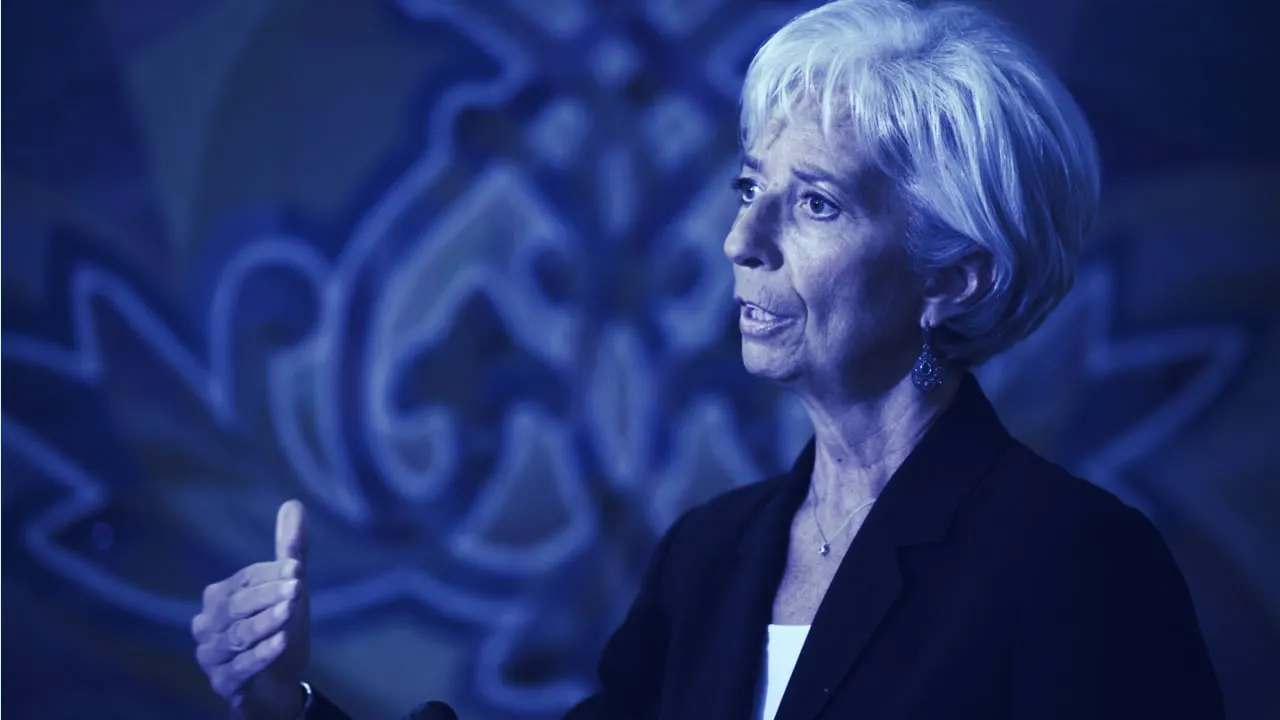In brief
- European Central Bank President Christine Lagarde said today that the bank will soon publish a report on a European digital currency.
- After releasing the report, the European Central Bank will consult the public.
- Lagarde has consistently pushed the bank to prioritize research into a CBDC.
The long-awaited results of the European Central Bank’s research into a digital euro will soon be released “in the coming weeks,” ECB President Christine Lagarde said today.
But that won’t be the final word. The findings, which detail the advantages and disadvantages of creating a central bank digital currency (CBDC) for retail use across Europe, will be presented to the public for feedback.
A central bank digital currency, at the risk of tautology, is money issued by a country’s central bank in digital form. However, as no country currently issues a CBDC, the form one will actually take is as yet unknown. Hence the need to study them.
According to a January 2020 working paper from the ECB, which provides a glimpse into bank staffers’ thinking, a central bank could issue a decentralized digital token, akin to Bitcoin but accepted everywhere. It could also just create accounts for every home and business within the central bank itself, which would change the roles of commercial banks but not eliminate them.
The report further found that an European CBDC could make retail transactions more secure and efficient, hamper money laundering by removing physical cash, and strengthen the Euro Zone’s monetary policy.
Lagarde, who became ECB president in November 2019 after an eight-year tenure as head of the International Monetary Fund, oversees the organization that creates monetary policy for 19 European countries. The euro is the second-most traded currency in the world behind the US dollar, according to the Bank for International Settlements, used in about one-third of trades. Putting it into digital form would, therefore, be a major shift.
When Lagarde joined the ECB, it was little surprise that she would look into digital currency. In 2018, a year before her appointment, Lagarde told a Singapore tech conference, “I believe we should consider the possibility to issue digital currency.”
Consider it, the ECB has. Lagarde publicly declared in December 2019 that she had sped up an ECB task force on a digital currency as she wanted the central bank to be “ahead of the curve.” After all, Europe isn’t the only economic region studying CBDCs—Japan, the US, and several dozen other central banks all have CBDC projects or studies in the works.
The forthcoming report from the task force promises to be the ECB’s most comprehensive statement on state-issued digital currencies yet. Lagarde seems in favor, though she indicated the Eurosystem, which comprises the ECB and the 19 member states that use the euro, hasn’t decided what course to take.
Because, of course, the public has a right to weigh in on its economic future.

